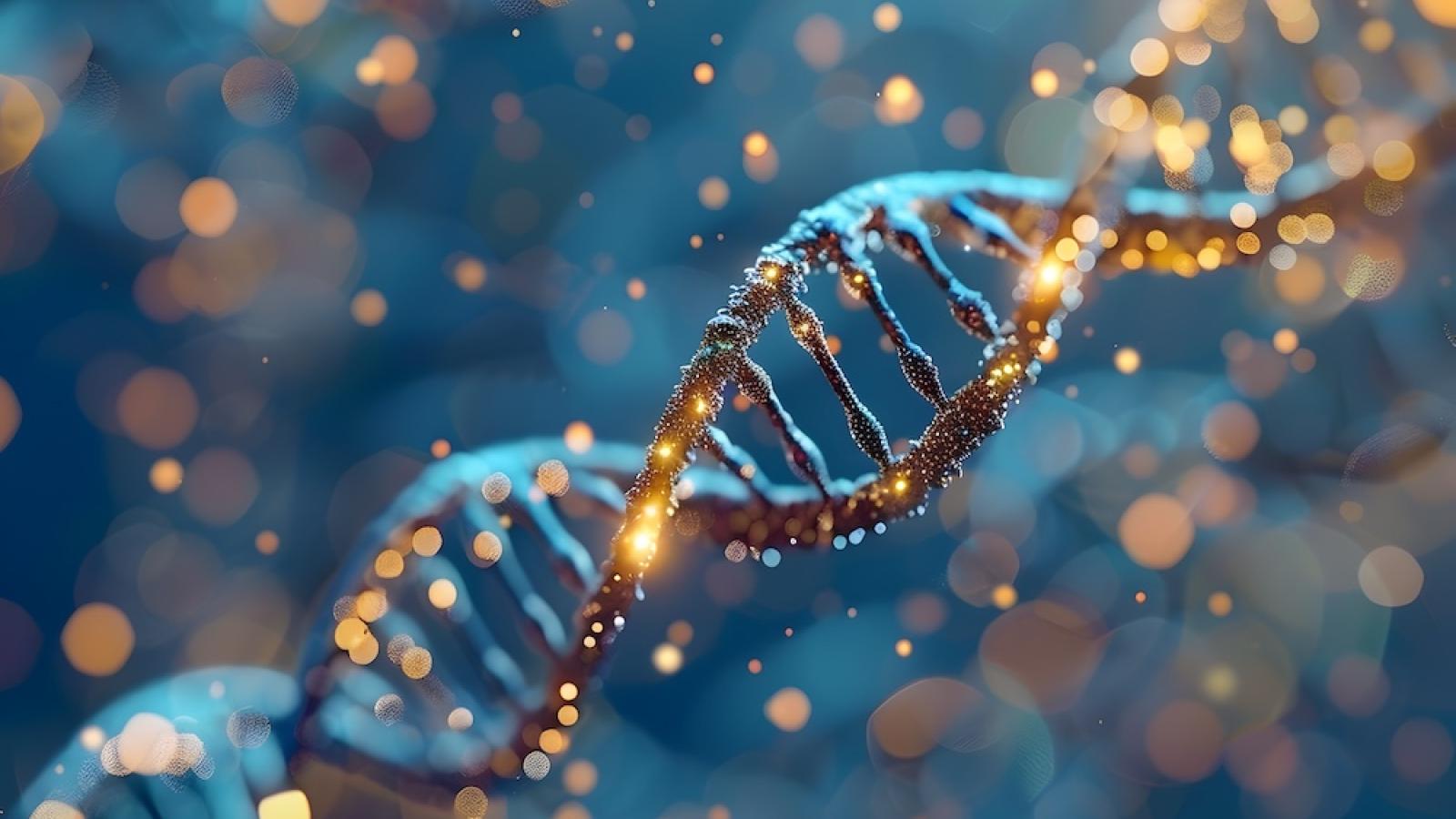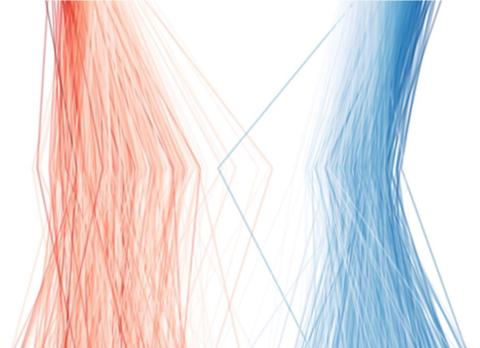A new study led by Prof Valentina Escott-Price (UK DRI at Cardiff) reveals artificial intelligence can match traditional methods in predicting Alzheimer’s risk. The research, published in Nature Communications, is the first to test this method on a large scale.
What was the challenge?
Alzheimer’s is an extremely complex condition. The risk of developing it is determined by thousands of small contributions from our genes, along with environmental and lifestyle factors. Genome wide association studies using traditional statistical methods have helped advance understanding of the genetics behind the condition, but they mainly look at simple, one-gene-at-a-time effects. In this study, the researchers set out to examine whether machine learning approaches could more effectively pinpoint genes associated with Alzheimer’s risk.
What did the team do and what did they find?
The team used machine learning, a type of artificial intelligence (AI), to analyse genetic data from over 41,000 people in the largest European consortium on Alzheimer's disease. They tested several different machine learning tools to see if they could confirm previous genetic findings, find new genetic risk factors, and predict who might be at risk of developing Alzheimer’s.
The researchers found that the machine learning methods were able to identify all of the important genetic markers previously identified in the consortium, and about a fifth of those found in even larger past studies. Importantly, they also revealed six new genetic regions linked to Alzheimer’s, which were confirmed in an independent dataset. These included the genes ARHGAP25, LY6H, COG7, SOD1, and ZNF597. One additional gene, AP4E1, was found to play a role in an already-known risk area. The machine learning algorithms have also identified clusters of individuals characterised by sets of genes inferred from the data, which require further investigation.
“Our study shows that machine learning can perform as well as, if not better than traditional methods for identifying risk genes on a large scale. We found everything that standard approaches find, and even discovered some new genes linked to Alzheimer’s risk. Machine learning is helping us see patterns in genetic data that traditional methods can miss. By uncovering new risk genes for Alzheimer’s, we’re opening up fresh avenues for research and, ultimately, new possibilities for treatment and prevention.”
Group Leader
What is the impact?
This research shows that machine learning can match traditional genetic methods in predicting Alzheimer’s risk and may be better at uncovering new genetic clues that older methods miss. This opens up new possibilities for understanding the genetics of Alzheimer’s disease.
Next, the researchers plan to examine the new genetic regions identified in the study, working with biologists to validate the findings, before looking for clinical differences in the data set where these genes are identified.
This research was funded by the UK DRI and the European Union’s Horizon 2020 research and innovation programme.
Reference: Bracher-Smith, M., Melograna, F., Ulm, B. et al. Machine learning in Alzheimer’s disease genetics. Nat Commun 16, 6726 (2025). https://doi.org/10.1038/s41467-025-61650-z

